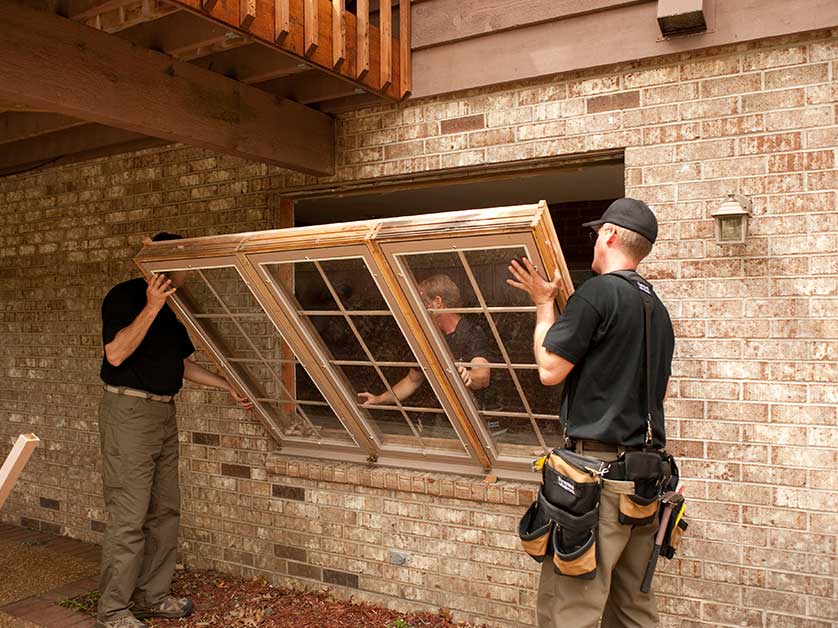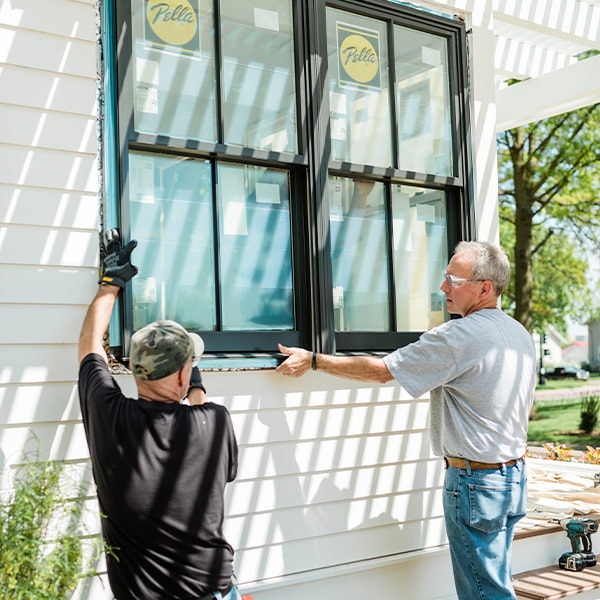Upgrade Your Home With Energy-Efficient Window Substitutes
In the realm of home enhancement, the decision to upgrade to energy-efficient window substitutes can substantially influence both the functionality and appearances of a house. Past the surface area degree of simple aesthetic appeals, energy-efficient home windows provide a multitude of benefits that go beyond mere aesthetic allure.
Advantages of Energy-Efficient Windows

The setup of energy-efficient windows supplies significant cost savings on utility costs while boosting environmental sustainability. Energy-efficient home windows are developed to minimize warm loss and gain, lowering the requirement for heating and cooling down systems to work overtime. By properly protecting the home, these windows help preserve a comfy indoor temperature level year-round, resulting in lower power consumption and lowered utility expenses. Additionally, energy-efficient home windows can aid regulate dampness levels within the home, minimizing the risk of mold and mildew and mold growth.
Past the financial advantages, energy-efficient home windows add to ecological sustainability by decreasing carbon emissions related to power production. By lowering energy use, these home windows aid alleviate the environmental influence of lighting, heating, and cooling property rooms. This decrease in energy usage plays an essential duty in combating climate change and advertising a greener future for generations ahead. In general, buying energy-efficient home windows not just improves the comfort and effectiveness of a home however also straightens with environmentally mindful methods.
Sorts Of Energy-Efficient Glass
Different sophisticated types of energy-efficient glass offer special residential or commercial properties that cater to various needs and choices in boosting the sustainability and efficiency of buildings. Triple-pane glass, consisting of 3 layers of glass with insulating gas in between them, provides improved thermal insulation, making it very energy-efficient. Furthermore, self-cleaning glass with a special covering that damages down and loosens up dust when exposed to sunshine can lower upkeep requirements and keep home windows looking tidy.
Variables to Take Into Consideration When Choosing
When contemplating energy-efficient home window replacements, it is vital to thoroughly examine specific factors that line up with your sustainability objectives and preferred power savings. The U-factor procedures how well the home window shields, with lower numbers showing much better insulation, while the SHGC indicates the home window's ability to obstruct heat from sunlight. By carefully examining these factors, you can choose energy-efficient home windows that enhance comfort, minimize power costs, and profit the setting.
Installation and Maintenance Tips

Regular upkeep is vital to maintaining the effectiveness of your energy-efficient home windows. Evaluate the home windows occasionally for any kind of indicators of sealer, damage, or wear degeneration. Tidy the structures, tracks, and glass regularly making use of moderate soap and water to eliminate dust and gunk that can impact performance. Examine the weather-stripping and seals for any type of gaps or rips and change them if needed to useful site keep the windows' power effectiveness.
Additionally, lubricate relocating parts such as locks and joints to guarantee smooth procedure. By following these installment and upkeep suggestions, you can improve the energy effectiveness of your home and lengthen the life expectancy of your energy-efficient home windows.
Cost-Benefit Evaluation of Updating

Energy-efficient home windows are created to reduce warm transfer, decreasing the need for home heating and cooling down systems to burn the midnight oil. This can lead to substantial financial savings on power expenses, particularly in areas with severe temperatures. In addition, energy-efficient home windows can enhance the total worth of your home, making it a lot more appealing to potential customers if you choose to sell in the future.
When calculating the cost-benefit evaluation, consider the potential financial savings on energy costs, any type of available incentives or rebates, and the life expectancy of the windows. While the preliminary cost might be higher, the long-lasting savings and advantages of energy-efficient windows make them a clever investment for homeowners aiming to improve their residential or commercial property's power effectiveness and worth.

Conclusion
In verdict, upgrading to energy-efficient home window replacements window repair in my area supplies various advantages such as reduced energy intake, increased convenience, and cost savings. By picking the appropriate sort of energy-efficient webpage glass and taking into consideration aspects like structure material and setup, homeowners can make best use of the efficiency of their windows. Routine upkeep and proper installation are important for long-lasting efficiency. On the whole, the cost-benefit analysis of updating to energy-efficient home windows reveals that the first investment can lead to substantial financial savings in the future.
When pondering energy-efficient home window substitutes, it is essential to thoroughly evaluate particular elements that align with your sustainability objectives and desired power financial savings. The U-factor procedures exactly how well the window insulates, with lower numbers showing far better insulation, while the SHGC suggests the window's ability to block warmth from sunshine. By very carefully examining these elements, you can select energy-efficient home windows that improve comfort, reduce energy prices, and benefit the environment.
While energy-efficient home windows may have a higher ahead of time expense contrasted to typical home windows, the long-term advantages often surpass the preliminary investment.In verdict, upgrading to energy-efficient window substitutes provides numerous advantages such as decreased power usage, increased convenience, and cost financial savings.